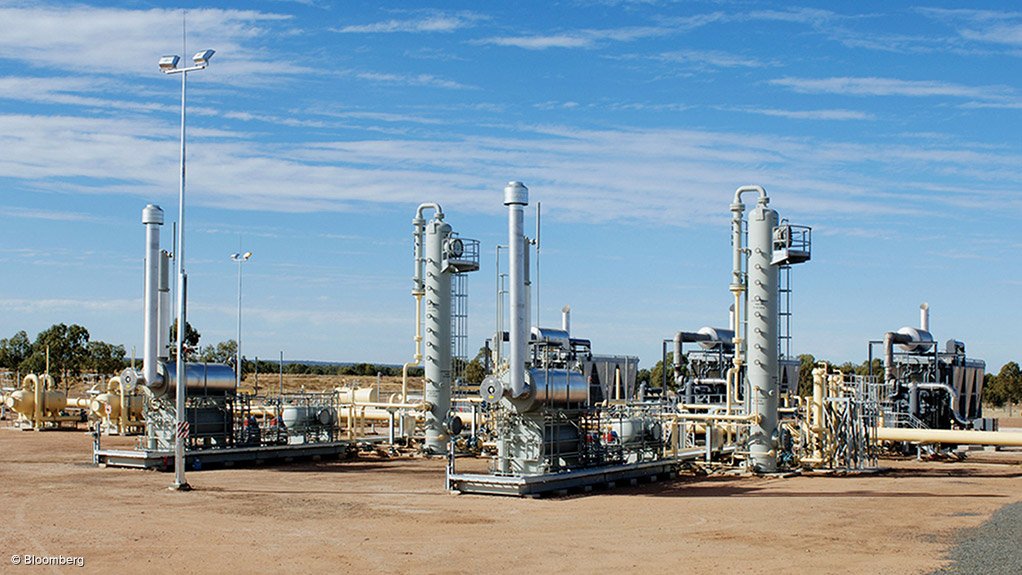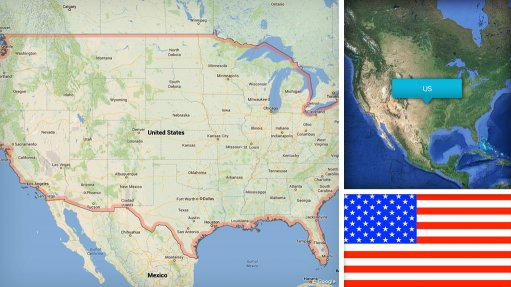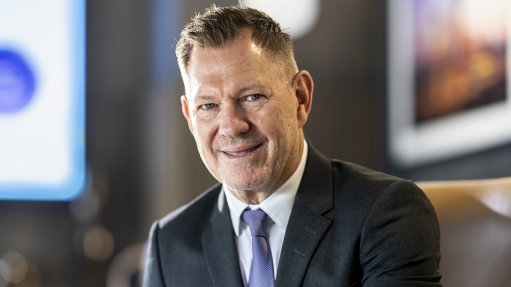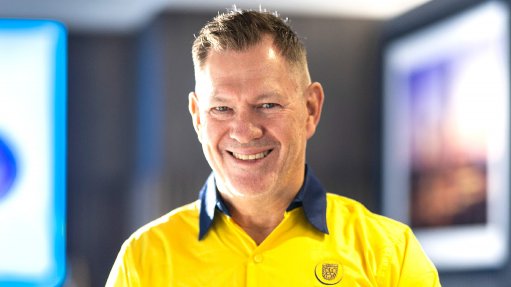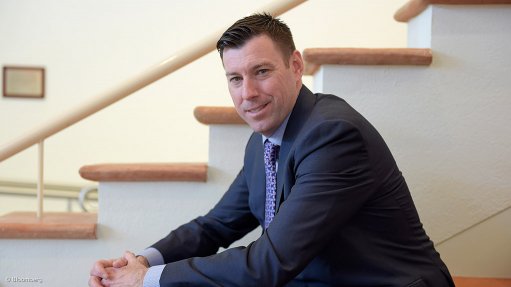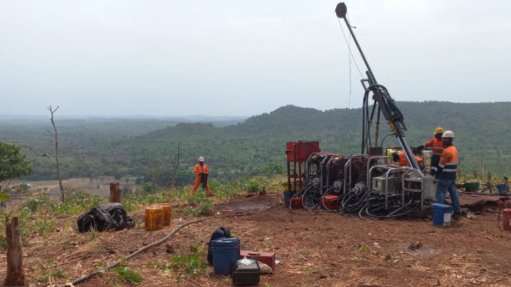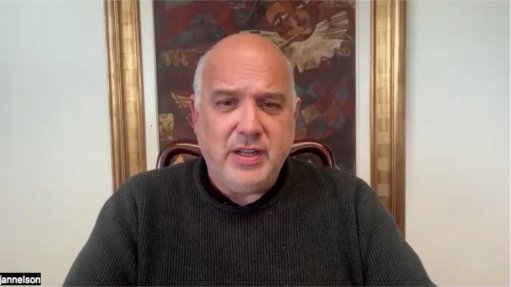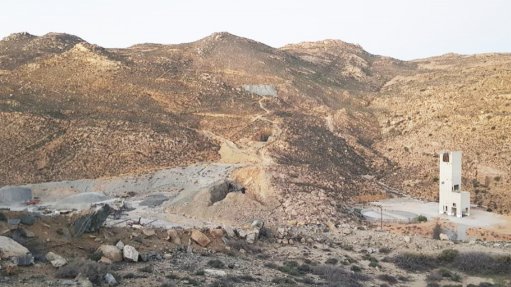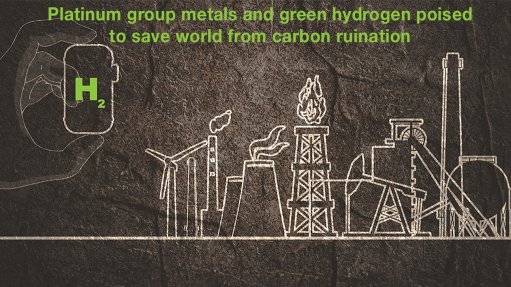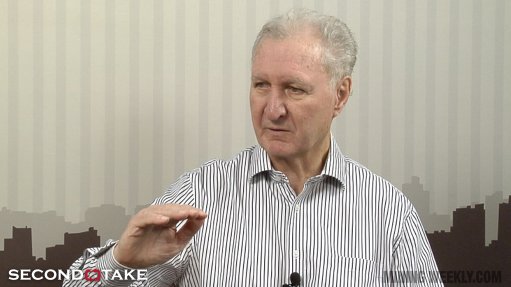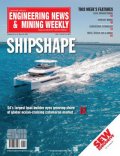WA promises 98% of state will remain frack free as it lifts blanket ban
PERTH (miningweekly.com) – The Western Australian government on Tuesday lifted the moratorium on hydraulic fracturing (fracking) on existing petroleum titles, but said that fracking would remain a no-go in more than 98% of the state.
The ban over the South-West, Peel and Perth metropolitan region would also remain in place, while landowners and native title holders would be given a say about fracking on their land.
The announcement comes after a 12-month independent inquiry by Environmental Protection Authority (EPA) chairperson Dr Tom Hatton, who made 44 recommendations, including major changes to the existing regulatory regime.
Hatton recommended that no fracking to be allowed within 2 km of gazetted public drinking water source areas, that all fracking projects, including exploration and production wells, would require EPA assessment, the development of an enforceable code of practice to ensure high standards of health, safety and environmental protection and that no fracking should be allowed within 2 km of towns, settlements or residents.
"We've delivered our election promise to ban fracking in Perth, Peel and the South-West, and now we're introducing new world-class strict controls to regulate the industry in other parts of the state, following the findings of an independent scientific inquiry,” said Premier Mark McGowan on Tuesday.
He pointed out that the state government would only lift the fracking moratorium on existing onshore petroleum titles following an independent scientific inquiry finding the risk to people and the environment was low.
“Banning fracking on existing petroleum titles after the scientific inquiry found the risk from fracking is low, would undermine Western Australia's reputation as a safe place to invest and do business.
“At the same time, it is crucial that the industry demonstrates that it has the support of landowners who, for the first time, will be able to say yes or no to any fracking production on their land.
“This is a balanced and responsible policy that supports economic opportunity, new jobs, environmental protection and landowner rights,” McGowan said.
Meanwhile, he noted that royalties from any unconventional onshore oil and gas projects would be used to support new renewable energy projects through a special Clean Energy Future Fund with a A$9-million seed allocation.
Furthermore, the royalty rate for unconventional oil and gas would increase to 10%, the same rate that applies to conventional petroleum production.
The Australian Petroleum Production and Exploration Association (Appea) has welcomed the government’s decision to lift the fracking moratorium on existing onshore gas projects.
“The inquiry shows there is no environmental or public health justification for maintaining the moratorium. The inquiry also rejects claims that onshore projects will mean a significant increase in emissions,” Appea CEO Dr Malcolm Roberts said.
“While the industry would have preferred the removal of the moratorium across the state, this decision will give communities in regional Western Australia the choice to support local projects and jobs.
“More than any other state, Western Australia relies on investment in resource projects to sustain jobs and economic growth. The government has made the right decision to respect the substantial investments already made by projects in the Kimberley region and the Perth basin.”
Roberts said prohibiting fracking would have crushed the viability of some of these projects, damaging Western Australia’s reputation as a safe place for investment.
“The government has added a new regulatory requirement which will only allow these projects to use hydraulic fracturing for producing gas with the approval of the landowner,” Roberts said.
“The industry respects that we operate on someone else’s land to develop a natural resource owned by the community. Western Australian producers have close working relationships with traditional owners and pastoralists.”
Meanwhile, the Chamber of Minerals and Energy of Western Australia (CME) felt that the state government should have lifted the ban on the South-West, Peel and Perth regions, with CME CEO Paul Everingham pointing out that the inquiry had concluded that the risk from fracking was low and could be managed with good regulation and industry best practice.
“Hydraulic fracturing has been done safely for decades in Western Australia, with more than 600 wells hydraulically fractured in the past 55 years with no evidence of environmental harm,” he said.
“We have already had 13 hydraulic fracturing inquiries in Australia, including a very thorough investigation by the Western Australian Parliament just three years ago. Like all of the others, it found no evidence to support activist demands that hydraulic fracturing must be banned.
“Today’s announcement is a missed opportunity to tap into Western Australia’s potentially massive shale and tight gas assets and provide the Western Australia community with a greater domestic gas supply.”
Everingham said that the onshore gas industry in the Kimberley could deliver significant benefits to the local community and in particular, Aboriginal people, through training and meaningful employment.
“The Noonkanbah community is a good example of this and will hopefully demonstrate to the government just how vast the economic benefits of hydraulic fracturing could be if the ban on other areas of the state was lifted.”
Comments
Press Office
Announcements
What's On
Subscribe to improve your user experience...
Option 1 (equivalent of R125 a month):
Receive a weekly copy of Creamer Media's Engineering News & Mining Weekly magazine
(print copy for those in South Africa and e-magazine for those outside of South Africa)
Receive daily email newsletters
Access to full search results
Access archive of magazine back copies
Access to Projects in Progress
Access to ONE Research Report of your choice in PDF format
Option 2 (equivalent of R375 a month):
All benefits from Option 1
PLUS
Access to Creamer Media's Research Channel Africa for ALL Research Reports, in PDF format, on various industrial and mining sectors
including Electricity; Water; Energy Transition; Hydrogen; Roads, Rail and Ports; Coal; Gold; Platinum; Battery Metals; etc.
Already a subscriber?
Forgotten your password?
Receive weekly copy of Creamer Media's Engineering News & Mining Weekly magazine (print copy for those in South Africa and e-magazine for those outside of South Africa)
➕
Recieve daily email newsletters
➕
Access to full search results
➕
Access archive of magazine back copies
➕
Access to Projects in Progress
➕
Access to ONE Research Report of your choice in PDF format
RESEARCH CHANNEL AFRICA
R4500 (equivalent of R375 a month)
SUBSCRIBEAll benefits from Option 1
➕
Access to Creamer Media's Research Channel Africa for ALL Research Reports on various industrial and mining sectors, in PDF format, including on:
Electricity
➕
Water
➕
Energy Transition
➕
Hydrogen
➕
Roads, Rail and Ports
➕
Coal
➕
Gold
➕
Platinum
➕
Battery Metals
➕
etc.
Receive all benefits from Option 1 or Option 2 delivered to numerous people at your company
➕
Multiple User names and Passwords for simultaneous log-ins
➕
Intranet integration access to all in your organisation



